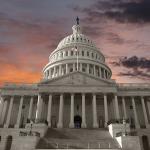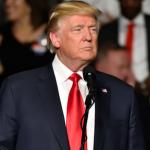"Follow the money!" activists shout. The money trail, according to this logic, always leads to lies and deception.
science and politics
Recently, I gave a seminar on "fake news" to professors and grad students at a large public university. Early in my talk, I polled the audience: "How many of you believe climate change is the world's #1 threat?"
It's been an interesting week for people who work in public relations.
President Trump has convened a panel to address America's opioid epidemic. Its first mission should be to find convincing data to identify the actual cause(s) of the problem.
Today, it seems that honest disagreement just isn't possible. Social media, which has become a sewage pipe of political hyper-partisanship and unscientific propaganda, magnifies this disturbing trend.
Scientists are humans, too. And, just like other humans you know, some of them aren't very good at their jobs. There are three main ways in which scientists can mess up.
The war on expertise is not a new phenomenon.
On November 8, I published an article titled, "Whoever Wins On Election Day 2016, American Science Is Still #1 In The World." Tha
For the first time, President Trump is giving a speech to a joint session of Congress*. Since the President has a habit of keeping us all guessing, here is a wish-list of things we would like to hear Mr. Trump talk about.
Politics makes utter fools out of otherwise rational people. The vitriol aimed at President George W.












